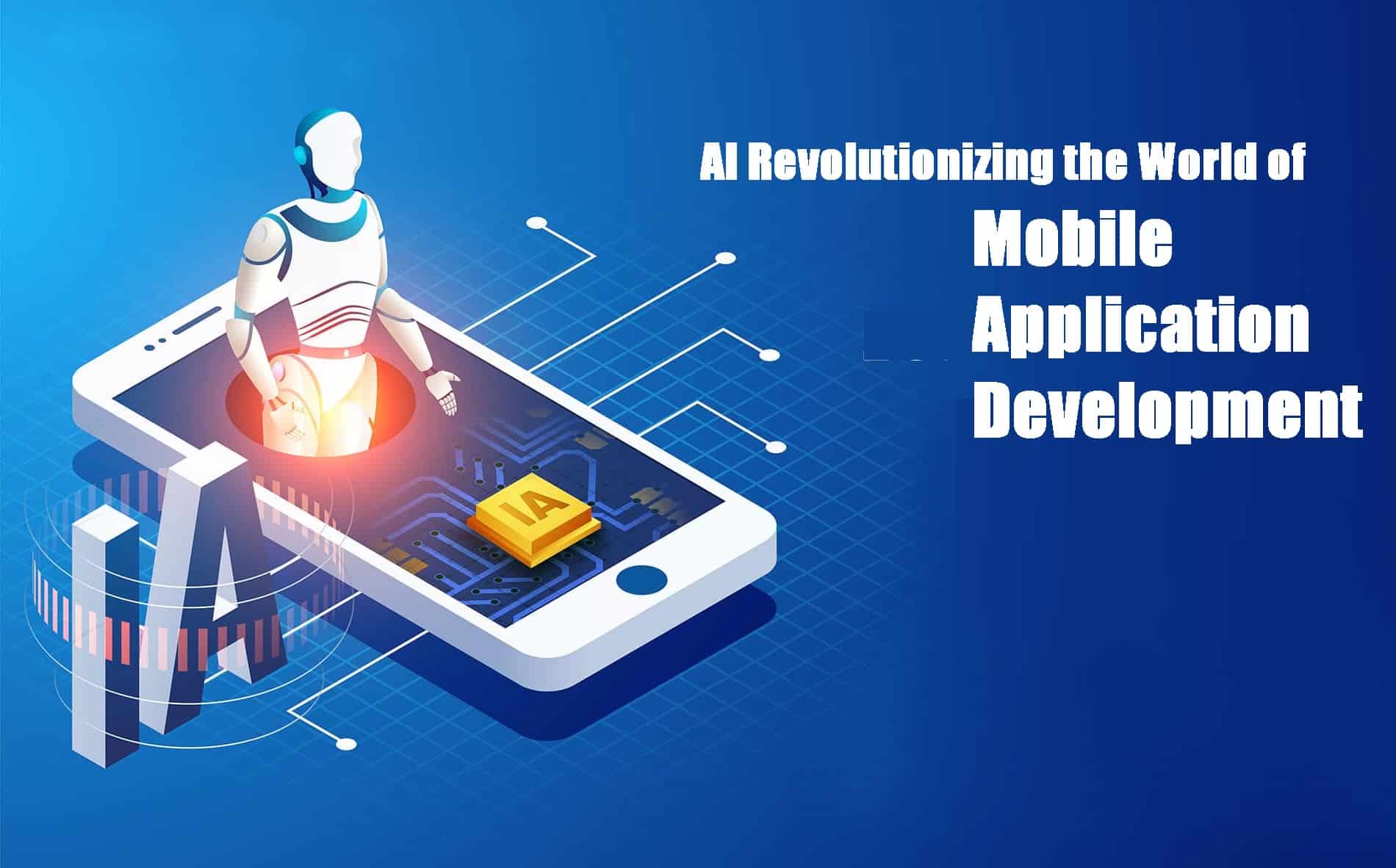Artificial Intelligence (AI) is transforming various industries, and mobile app development is no exception. As a powerful tech phenomenon, AI is significantly influencing how a mobile app development company designs and develops mobile applications.
Understanding AI and Its Capabilities
AI refers to the simulation of human intelligence processes by machines, particularly computer systems. These processes include learning, reasoning, self-correction, and perception. In technology, AI capabilities range from recognizing speech, interpreting complex data, evolving with experience, and even making autonomous decisions.
The Impact of AI on Mobile App Development
AI has become a game-changer in mobile app development. Its ability to interpret data, draw conclusions, and predict outcomes helps create intelligent, intuitive, and highly personalized applications. AI-based features such as chatbots, predictive text, voice recognition, and personalized recommendations are redefining the way users interact with mobile apps.
For instance, a healthcare app development company might integrate AI to provide personalized health recommendations, interpret health data, or facilitate virtual doctor consultations. In e-commerce, AI can predict customer behavior and preferences, offering personalized shopping experiences. These examples underscore AI’s potential to revolutionize mobile app development and enrich user experiences.
The Benefits of Incorporating AI in Mobile App Development
Integrating AI in mobile apps offers numerous advantages. Firstly, it enhances the user experience. AI-driven apps can learn from user behavior and preferences, thereby providing customized and interactive experiences.
AI can also streamline app functionalities, making them more efficient and productive. For instance, AI algorithms can automate routine tasks, reducing the workload for the user and speeding up operations.
Furthermore, AI improves the personalization of mobile apps. It allows apps to understand individual user behavior, making personalized recommendations, and delivering content tailored to the user’s preferences.
Real-world Examples of AI in Mobile Apps
There are several successful real-world applications of AI in mobile apps. For example, AI-driven personal assistants like Siri, Google Assistant, and Alexa have revolutionized how users interact with their devices, making daily tasks easier and more efficient.
In the healthcare sector, apps like Ada use AI to provide personalized health assessments. Users input their symptoms, and the app uses AI algorithms to analyze the information, cross-referencing it with thousands of similar cases to provide potential diagnoses.
Challenges and Considerations in AI-Driven App Development
While AI presents exciting possibilities, it also brings challenges. Data privacy is a significant concern, as AI-driven apps often need to collect and analyze extensive user data to function effectively. Therefore, any mobile app development company venturing into AI must prioritize data security and adhere to privacy regulations.
Furthermore, developing AI-driven apps can be complex and require specialized skills. It’s important to have a clear understanding of the AI technologies and tools that will be most effective for your specific app and ensure that your team has the necessary expertise to implement them.
The Future of AI in Mobile App Development
AI continues to evolve, promising even more innovative applications in mobile app development. Emerging trends include AI-driven predictive analytics, which could provide even more personalized user experiences. Advanced voice recognition and natural language processing could make user interactions with apps more seamless and intuitive.
The integration of AI with other cutting-edge technologies like the Internet of Things (IoT) and Augmented Reality (AR) also holds significant potential. For instance, a healthcare app development company could develop an AI-driven app that uses IoT data from wearable devices to monitor a patient’s health and provide personalized health recommendations.
Conclusion
The integration of AI in mobile app development is transforming the app industry, offering enhanced efficiency, personalization, and user experience. It’s an exciting era for any mobile app development company, with opportunities to innovate and provide unparalleled user experiences. As AI technology continues to evolve and mature, its role in mobile app development will undoubtedly become even more significant.
